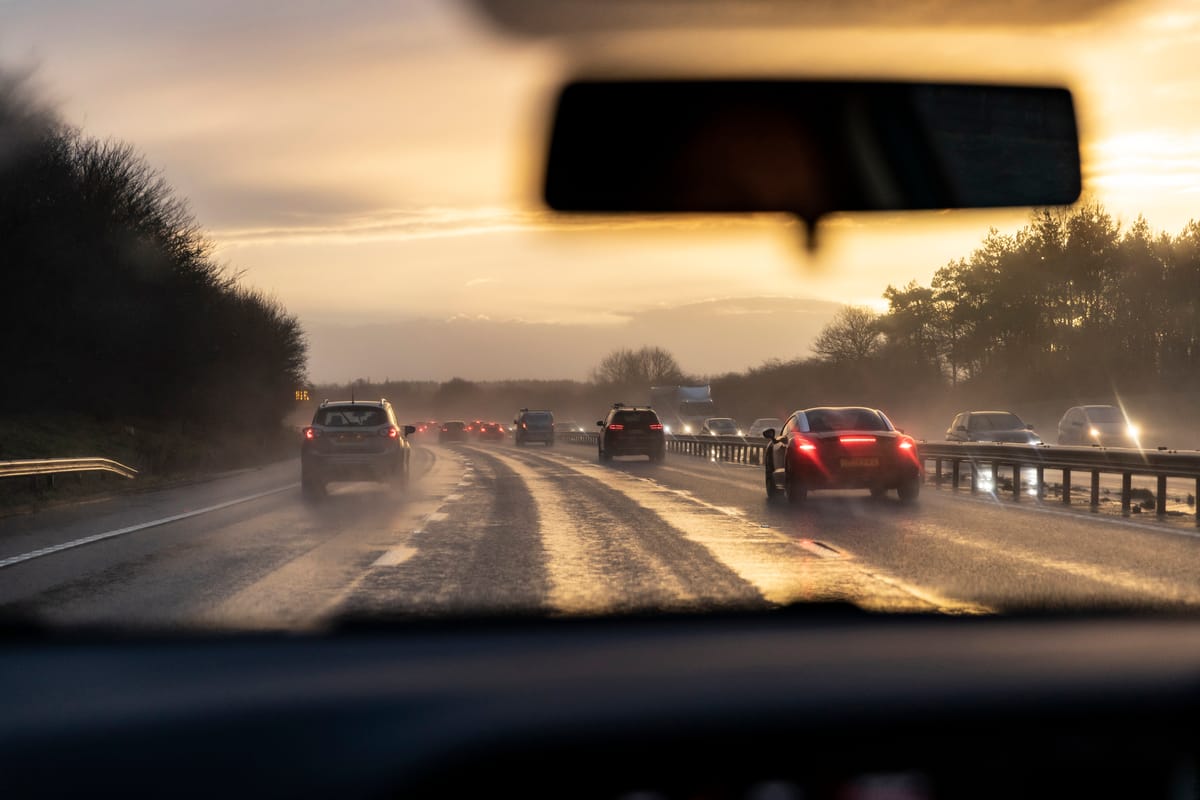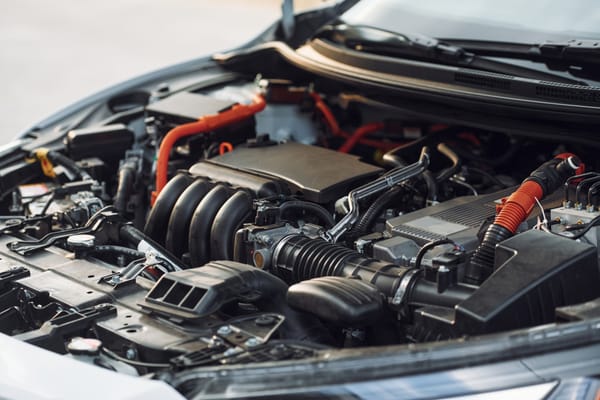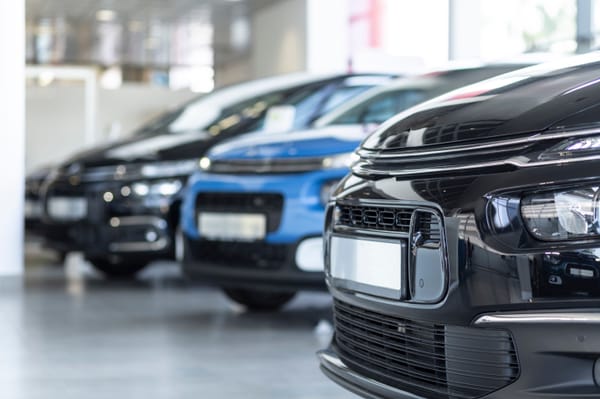9 Driving Habits Most Drivers in Kenya Are Guilty Of (And What You Can Do About Them)

Kenyan roads are alive with character, from the battered matatus weaving through gridlock to that one gleaming Prado slicing across traffic like it owns Mombasa Road. But beneath the famous chaos lies something far more worrying: unsafe habits behind the wheel, many of which we Kenyans don’t even realise we’re guilty of. The result? Traffic jams, bent fenders, and a sobering national road accident record.
In this Peach Cars guide, we show you some of the most notorious Kenyan driving habit, how they creep into everyday life, why they persist, and most importantly, how a bit of mindfulness (and maybe a little patience) goes a long way towards safer, saner roads.
1. Overlapping: “Shortcut Culture” On Steroids
Let’s be honest: who hasn’t watched someone (maybe even yourself) squeeze onto the shoulder to bypass a queue, reasoning, “Hii nayo sita ngoja.”
Overlapping, driving on the wrong side, onto pavements, or wherever a gap exists, has become routine, especially at junctions in Nairobi’s rush hour.
Yes, you might shave ten minutes off your commute, but you also feed gridlock, risk accidents, and fuel road rage.
- Why it happens: Impatience, poor enforcement, and the simple belief that “everyone does it, so why not me?”
- What to do instead: Stay in your lane. If everyone followed traffic flow, jams would ease quicker. Remember, every shortcut creates three more problems down the line.
2. Reckless Overtaking
You’ve seen it: a driver darts out on a blind corner to overtake a line of traffic, heart in their throat (and yours too, if you’re anywhere nearby).
Reckless overtaking is a leading cause of severe crashes, especially on highways like the A104 (Nairobi–Nakuru Highway), yet it plays out every day.
- Why it happens: Impatience, bravado, and a dangerous underestimation of closing distances.
- Practical Peach tip: Overtake only where you have full visibility and space, never out of frustration. That extra two minutes is better than a lifetime’s regret.
3. Ignoring Indicators and Lane Discipline
If you’ve ever winced as someone swerved in front of you without a flicker of an indicator, you’ll know exactly how infuriating (and hazardous) this habit is.
Failing to signal intentions robs other drivers of time to react, raising the risk of collisions.
Similarly, lane indiscipline, drifting between lanes, or hogging the fast lane at 40km/h, remains rampant.
- Why it happens: Sometimes, it’s forgetfulness; other times, sheer disregard for road etiquette.
- Peach tip: Indicators are your voice on the road. Use them, and give fellow drivers enough warning before making your move.
4. Tailgating (Driving Too Close)
Stuck on Thika Road, the car behind nearly kissing your bumper? Tailgating is as Kenyan as classic move, but it’s a recipe for rear-end collisions, especially when traffic brakes sharply. It’s most common during bad traffic when tempers are frayed and everyone’s in a hurry.
- Why it happens: Impatience, overconfidence, and a belief that the closer you get, the faster traffic moves (spoiler: it doesn’t).
- Practical tip: Always keep a safe distance, at least a two-second gap. Your brakes, and your insurance, will thank you.
5. Speeding and Ignoring Speed Limits
Speed thrills, until it kills. Many Kenyan drivers treat speed limits as “suggestions,” especially on newly-tarmacked bypasses or at night when traffic is light.
Yet speeding remains a top cause of fatal accidents and trauma on our roads.
- Why it happens: A mix of bravado, poor enforcement, and the false confidence that “I’m in control.”
- What Peach Cars says you should do instead: Observe posted speed limits, especially in populated and accident-prone zones. Saving five minutes isn’t worth risking your life.
6. Use of Mobile Phones and Other Distractions
The urge to check your phone while stuck in a traffic jam or “just send a quick text” has claimed more lives than we care to admit.
Distracted driving, including fiddling with the radio or even deep conversations, significantly raises the risk of mistakes, missed signals, and slow reaction times.
- Why it happens: Boredom, overconfidence, and the pressure to multitask.
- Practical tip: Put your phone out of reach, or set it to “Do Not Disturb” when driving. Mamaa won’t kill you if you prioritise your safety.
7. Drunk Driving, The Epidemic We Don’t Talk Enough About
Alcohol and cars? A deadly mix. Yet, after a “casual” weekend plan, it’s common to find drivers reasoning that a short trip home won’t hurt.
Drunk driving not only impairs judgement but is responsible for a significant chunk of Kenya’s annual road deaths, shattering families and dreams in an instant.
- Why it happens: Cultural acceptance, gaps in enforcement, unreliable public transport options at night.
- Practical tip: If you’re drinking, arrange a taxi or sober ride ahead of time. It’s a simple decision that saves lives.
8. Overloading, More Than Just a Matatu Problem
We love getting the most out of what we pay for. But overloading, whether it’s passengers, livestock, or construction materials, compromises a vehicle’s handling and braking, increasing accident risk.
It’s particularly rampant in public service vehicles, but plenty of private cars are guilty too.
- Why it happens: Economic pressure, poor enforcement, a “just this one time” mindset.
- Practical tip: Never exceed your vehicle’s recommended limit. It isn’t just about fines; it’s about everyone’s safety.
9. Neglecting Car Maintenance
Have you ever driven with the “check engine” light glaring, thinking “ah, nitapeleka iangaliwe ”?
Neglecting car maintenance such as bald tyres, dodgy brakes, broken lights, means driving a ticking time bomb.
Many accidents aren’t the result of chance, but of vehicles ignored for too long.
- Why it happens: Cost, inconvenience, or sheer forgetfulness.
- What Peach Cars advises you to do instead: Book regular services, check your tyres and fluids, and fix problems early. Your wallet and your well-being are literally riding on it.
That Said: We All Share the Responsibility
Kenyan roads reflect who we are as a society, resourceful, determined, but occasionally too willing to bend the rules for a quick win. Each of these habits is common not because Kenyans are “bad drivers,” but because shortcuts, impatience, and economic reality often get the better of us.
But habits can change. The next time you’re tempted to overlap at a jam, ignore that indicator, or dash across traffic after a long day, remember: safer roads begin with the small, daily choices made by each of us.
Sometimes also, your car might be too old. If so, you can upgrade with Peach Cars to a modern one with all the safety features you need.
📞 Give us a call at +254 709 726 900 and let’s talk about your next car! 🌐 Browse verified used cars




